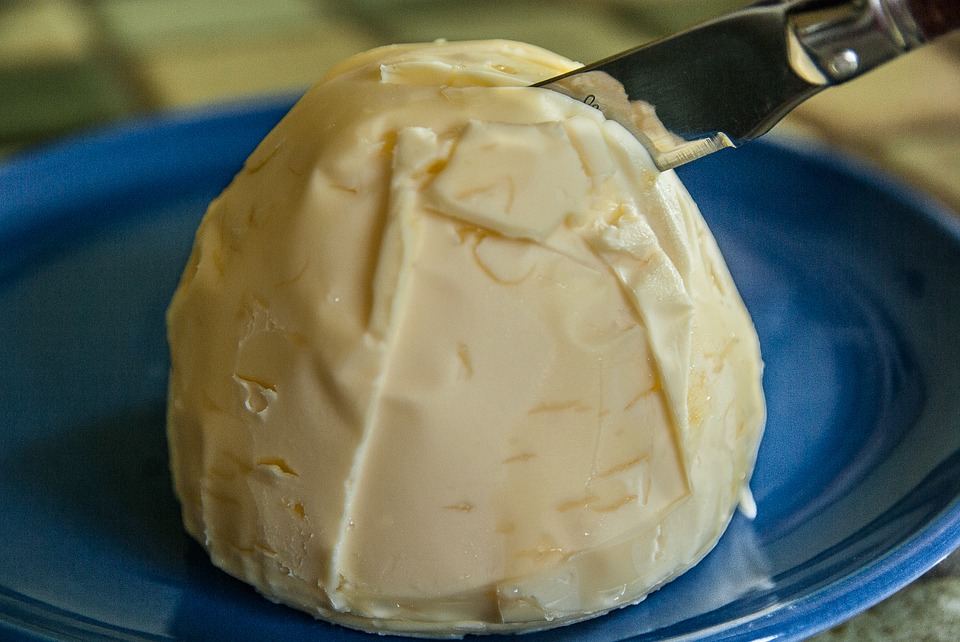How would you feel if someone told you to cut down on fresh fruit, pasta, potatoes and other foods we traditionally regard as healthy and to substitute them with more meat, cream, ice cream and oils? You’d probably be bemused.
But there’s an increasing body of evidence that suggests that this is exactly what we should be doing to increase our athletic performance and maybe to improve our overall health and body shape.
Credit: Pixabay
Please note; this isn’t something to rush into. Not all medical and dietary professionals agree on this – so it’s important to do your own research and to make your own mind up before doing anything drastic. And it’s also worth speaking to your doctor before embarking on any radical dietary shift. But it does make for fascinating reading – and is very worthy of consideration.
So for example, a couple of years ago, Melbourne decided to adopt what was dubbed the “caveman diet” in advance of the AFL 2014 season.
PHOTO GALLERY: View @MattyGoodrope‘s best snaps from today’s training session. https://t.co/3CZUWVW94W pic.twitter.com/sxxMQo9ZKX
— Melbourne FC (@melbournefc) November 18, 2016
Melbourne’s players were allowed to eat some rice and to drink milk, but they were forbidden from eating both processed foods and carbohydrates. Named after the Palaeolithic Period, the time before humans began to consume what we may call an “agricultural, carb-rich diet”, this so-called “paleo” diet followed by the players was introduced by the club’s doctor Zeeshan Arain. It saw the players dropping significantly in weight and reporting feeling better than before the diet began.
The Dees didn’t make the Grand Final, and are as big as 40-1 in the betting market to win the 2017 Grand Final, so maybe the diet isn’t quite working as well as the coaches hoped! But it seems likely to be down to more basic factors, like ball-handling perhaps (!?), as many athletes across many different sports have reported on the benefits of a low carb diet.
Furthermore, recent research at New Zealand’s Massey University suggests that changing to a low carb, higher fat diet actually helps athletes burn off more fat when exercising. This fascinating project looked at whether dietary changes can alter the ability of athletes’ muscles to burn different fuels – with an emphasis on encouraging participants to consume more fat, and restricting carbohydrates.

Credit: Pixabay
The research concluded that when athletes eat low carb, higher fat diets, they burn more fat when exercising, so their bodies behave more efficiently. This, it is said, is because our bodies are limited in how many carbohydrates they can store in the liver and muscles. The research has implications for non-athletes as it demonstrates that a dietary change can change how our bodies run, and can improve our fitness levels.
Interestingly, Sweden has become the first national government to formally endorse the ketogenic low carb’ approach for good health.
So maybe, just maybe, it’s time to forget all we thought we knew about our diet, and go back to the caveman diet. But as with all such things, it’s important to get all the medical advice you can muster and to make your own decisions based on that research.
